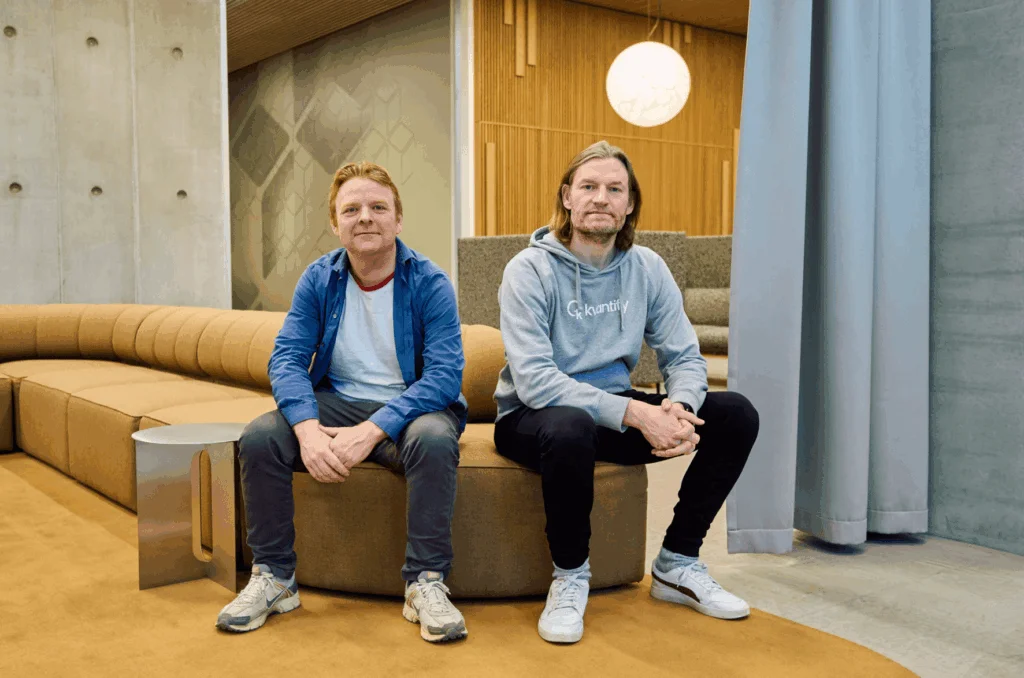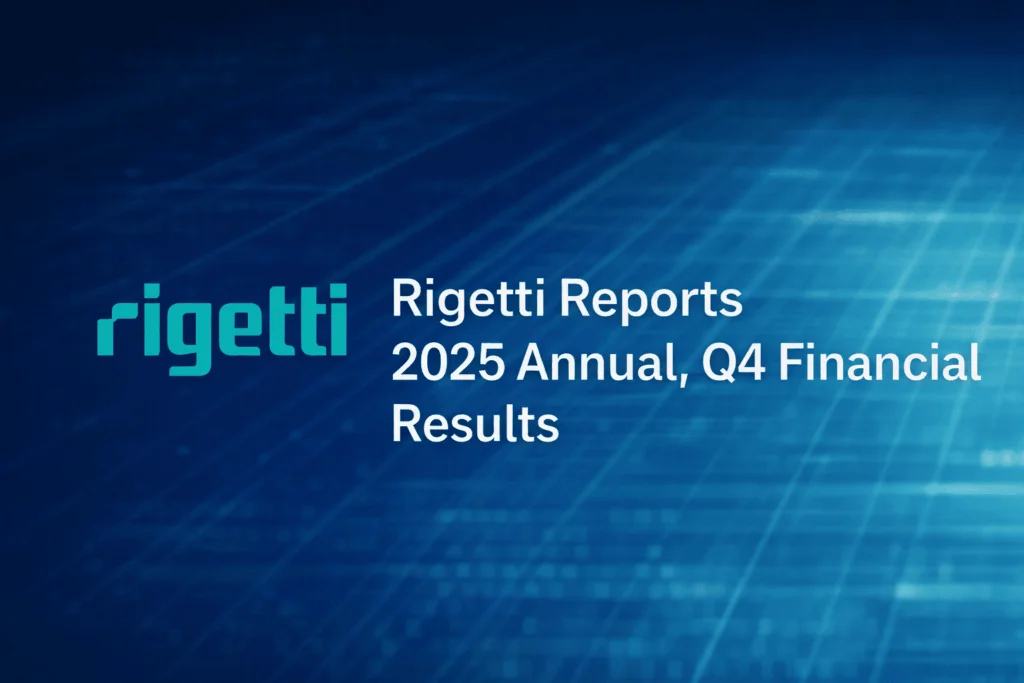Insider Brief
- Pixel Photonics, a start-up out of the WWU Münster, was chosen as sub-contractor for a 14 million euros development contract from the DLR.
- The project, led by quantum computing start-up QuiX , has the goal to develop a photonic quantum computer with a minimum of 64 qubits.
- Pixel Photonics will deliver high performance single photon detectors.
- Photo: The founding team of Pixel Photonics: Dr. Wladick Hartmann, Christoph Seidenstücker, Fabian Beutel, Nicolai Walter and Martin Wolff (from left). © Peter Leßmann, Münster, 2022.
PRESS RELEASE — Pixel Photonics, a start-up out of the WWU Münster was chosen as sub-contractor for a 14 million euros development contract from the DLR (Deutsches Zentrum für Luft- und Raumfahrt), going to quantum computing start-up QuiX from Enschede (NL). The project, with a duration of four years, has the goal to develop a photonic quantum computer with a minimum of 64 qubits. Pixel Photonics will deliver high performance single photon detectors, which are playing a decisive role in in the realization of photonic-based quantum computers. With this very important industry contract Pixel Photonics can accelerate its effort in the commercialization of the scalable WI-SNSPD technology for quantum computing, microscopy, and quantum communication.
“We are thrilled with the trust that QuiX has placed in us as a company in this cutting-edge development project with DLR. The secured contract enables us to hire more talented staff and to double the outstanding research team over the upcoming 12 months. In addition, we can initiate important developments earlier than planned and enter the future market for hardware for quantum computers, while strengthening the still young industry for quantum technology in Germany and Europe.” — Dr. Wladick Hartmann, CTO and co-founder Pixel Photonics GmbH.
Quantum computers are an important technology for the future, as they are believed to perform calculations and simulations on numerous applications not possible today on classical supercomputers. Quantum computers are based on quantum bits (qubits) and compared to classical processors, they can assume the states 0 and 1 simultaneously – and not just one or the other. This allows computing power to grow exponentially, and the most complex calculations can be solved in a matter of minutes. Utilizing light particles (so-called photons) as computational building blocks is a promising approach to realizing quantum computers. However, building a quantum processor based on light particles is challenging and less advanced compared to other platforms. But, photon-based qubits are robust to ambient noise, can remain coherent over long distances, and can be manipulated using proven optical methods. These characteristics in combination with promising recent achievements in single photon detection and photonic quantum processing could help this technology to achieve a breakthrough.

“In addition to the outstanding technical properties of the single photon detectors, we also appreciate the uncomplicated cooperation between our two start-ups and the extremely high development speed of Pixel Photonics. The team at Pixel has an excellent understanding of how to implement the requirements of photonic quantum computing in their prototypes and adapt them to our interfaces. We look forward to working with Pixel on building and commissioning the first European photonic quantum computer for the DLR.” — Dr. Stefan Hengesbach, CEO of QuiX.
DLR is involving companies, start-ups and other research institutions in its Quantum Computing Initiative (www.dlr.de/quantencomputing-initiative) so that all of the partners can make significant advances together. DLR has received funding for this purpose from the German Federal Ministry for Economic Affairs and Climate Action (Bundesministerium für Wirtschaft und Klimaschutz; BMWK), enabling it to award large-scale contracts to companies through a competitive tendering process. DLR is also contributing its own capabilities and expertise to the research and development work.
Pixel Photonics graduated as a start-up from the renowned accelerator program Creative Destruction Lab for quantum technology ventures earlier this year and received venture funding form Quantonation and HTGF. In addition to venture capital funding, Pixel Photonics has been awarded 1.6 million euros in research funding from the Federal Ministry of Education and Research (BMBF) to use quantum physics to improve data security as well as EXIST II from the Federal Ministry for Economic Affairs and Climate Action (BMWK). During the foundation of Pixel Photonics, the founders have been supported by the REACH EUREGIO Start-up Center Münster.
“Pixel Photonics’ unique technological approach to SNSDPs combines scalability with high detection efficiency at very high speed. This is a key advancement to reach large scale photonic quantum computers which are one of the very promising path towards useful quantum computation. Since its foundation Pixel Photonics has demonstrated a strong operational and scientific efficiency that has been rewarded when reaching this critical milestone.” — Jean-Gabriel Boinot, principal at Quantonation.
For more market insights, check out our latest quantum computing news here.













